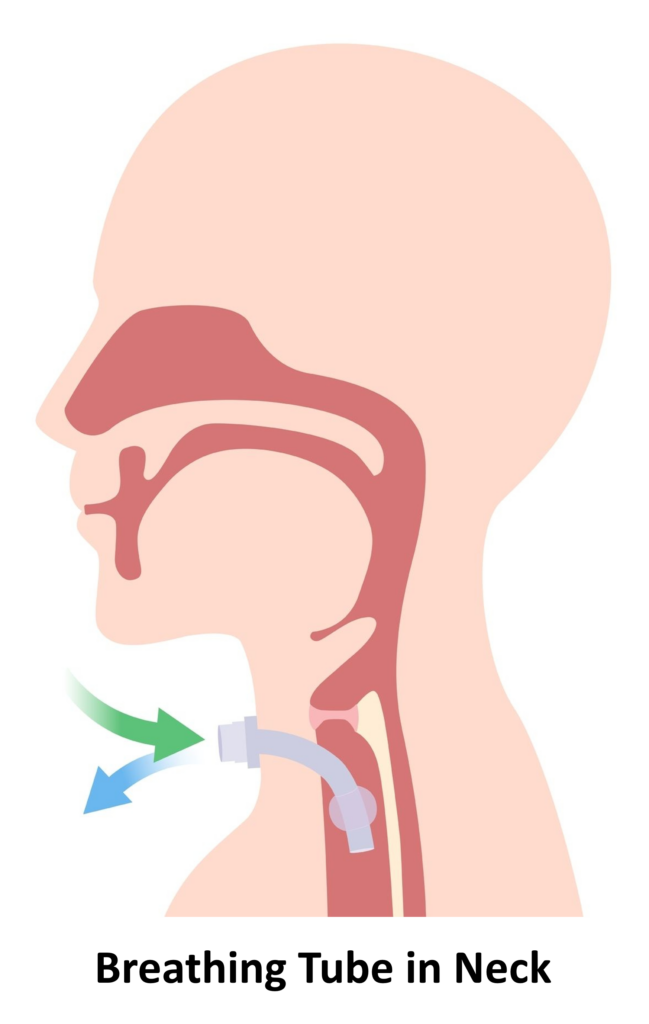
- Home
- Decision Aids
- Implantable Cardioverter Defibrillator
- Cardiac Resynchronization Therapy with Defibrillation
- Replacement of ICD
- Left Ventricular Assist Device (LVAD)
- LVAD Caregiver Support Resources
- Heart Failure Medications: HeartMeds Guide
- Life Support Covid-19
- Lung Cancer Screening
- Colon Cancer Screening
- Hospice
- Atrial Fibrillation: Stroke Prevention
- Treatment Options for Severe Aortic Stenosis
- Heart Failure: Medications ARNI
- Decision Aid Supporting Evidence
- Our Program
- For Clinicians
- Caregiver Support
- Contact Us
- Terms of Use
Navigation Pane
TRACH-SUPPORT
A Conversation Tool for Tracheostomy and
Prolonged Mechanical Ventilation

This conversation tool is meant to help you decide whether your loved one would want to be connected to a breathing machine (ventilator) potentially for a long time. This decision has come up because your loved one is too sick to breathe on their own.
A TRACHEOSTOMY is a surgery that allows patients to be connected to the breathing machine for a longer time than a breathing tube in the mouth. The decision about a tracheostomy is also a decision about possible long-term life support with machines.
This decision can be hard because it involves some trade-offs. Some people with a tracheostomy may recover but it usually takes a long time. Other people may need a life-support machine forever. Patients who do not choose a tracheostomy may die sooner.
Disclaimer: This conversation tool is a guide only. It will not tell you what the best decision is. This conversation tool is not meant for children or adult patients who might need a tracheostomy for blockages in the airway, trauma to the neck, neuromuscular disease, or severe sleep apnea.
Developed with support from Denver Health and Hospital Authority, University of Colorado School of Medicine, National Jewish Health, and the National Institutions of Health (K23HL141704)